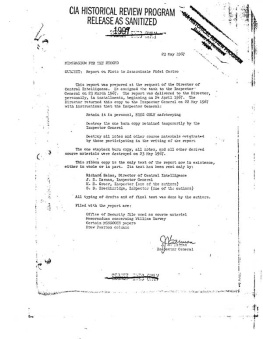John A. Lawrence - The Class of 74: Congress After Watergate and the Roots of Partisanship
Here you can read online John A. Lawrence - The Class of 74: Congress After Watergate and the Roots of Partisanship full text of the book (entire story) in english for free. Download pdf and epub, get meaning, cover and reviews about this ebook. year: 2018, publisher: Johns Hopkins University Press, genre: Politics. Description of the work, (preface) as well as reviews are available. Best literature library LitArk.com created for fans of good reading and offers a wide selection of genres:
Romance novel
Science fiction
Adventure
Detective
Science
History
Home and family
Prose
Art
Politics
Computer
Non-fiction
Religion
Business
Children
Humor
Choose a favorite category and find really read worthwhile books. Enjoy immersion in the world of imagination, feel the emotions of the characters or learn something new for yourself, make an fascinating discovery.

- Book:The Class of 74: Congress After Watergate and the Roots of Partisanship
- Author:
- Publisher:Johns Hopkins University Press
- Genre:
- Year:2018
- Rating:4 / 5
- Favourites:Add to favourites
- Your mark:
The Class of 74: Congress After Watergate and the Roots of Partisanship: summary, description and annotation
We offer to read an annotation, description, summary or preface (depends on what the author of the book "The Class of 74: Congress After Watergate and the Roots of Partisanship" wrote himself). If you haven't found the necessary information about the book — write in the comments, we will try to find it.
A thought-provoking look at the game-changing congressional Class of 1974.
In November 1974, following the historic Watergate scandal, Americans went to the polls determined to cleanse American politics. Instead of producing the Republican majority foreshadowed by Richard Nixons 1972 landslide, dozens of GOP legislators were swept out of the House, replaced by 76 reforming Democratic freshmen. In The Class of 74, John A. Lawrence examines how these newly elected representatives bucked the status quo in Washington, helping to effectuate unprecedented reforms. Lawrences long-standing work in Congress afforded him unique access to former members, staff, House officers, journalists, and others, enabling him to challenge the time-honored reputation of the Class as idealistic, narcissistic, and nave Watergate Babies. Their observations help reshape our understanding of the Class and of a changing Congress through frank, humorous, and insightful opinions.
These reformers provided the votes to disseminate power, elevate suppressed issues, and expand participation by junior legislators in congressional deliberations. But even as such innovations empowered progressive Democrats, the greater openness they created, combined with changing undercurrents in American politics in the mid-1970s, facilitated increasingly bitter battles between liberals and conservatives. These disputes foreshadowed contemporary legislative gridlock and a divided Congress.
Today, many observers point to gerrymandering, special-interest money, and a host of other developments to explain the current dysfunction of American politics. In The Class of 74, Lawrence argues that these explanations fail to recognize deep roots of partisanship. To fully understand the highly polarized political environment that now pervades the House and American politics, we must examine the complex politics, including a more open and contentious House, that emerged in the wake of Watergate.
John A. Lawrence: author's other books
Who wrote The Class of 74: Congress After Watergate and the Roots of Partisanship? Find out the surname, the name of the author of the book and a list of all author's works by series.









